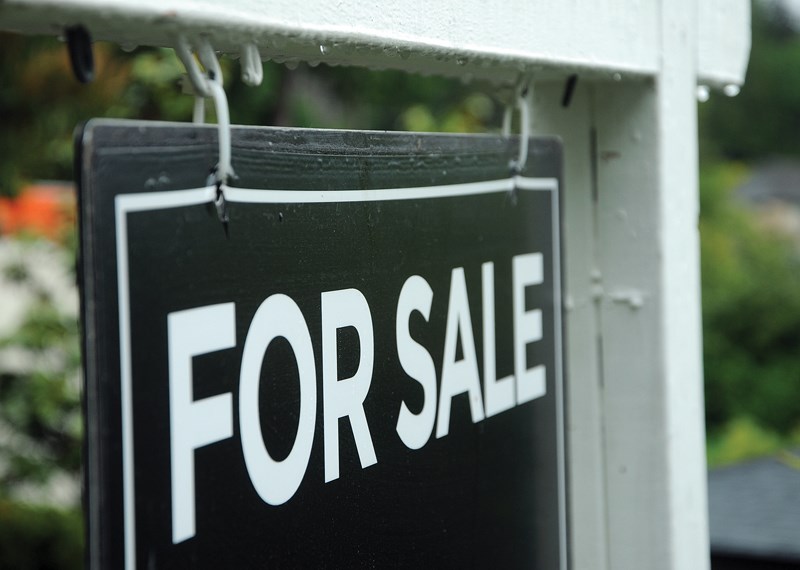Assessed values for detached homes continued to fall on the North Shore last year, with houses in West Vancouver registering the biggest drop in the Metro Vancouver area. Condo values, however, are up between six and seven per cent across the North Shore.
The tale of two very different trends was revealed this week as BC Assessment released information about property values across the province as of July 1, 2018.
The priciest properties on the North Shore have dropped the most in assessed value. An average single-family home in West Vancouver fell 12 per cent in 12 months, from just under $3.2 million in July 2017 to $2.8 million in July 2018.
Average detached home values in the District of North Vancouver held steady at just under $1.7 million. Average single-family homes in the City of North Vancouver dropped four per cent in value, from just under $1.6 million to $1.5 million.
Condo values rose in all three municipalities with average assessments of $707,000 in the City of North Vancouver, $758,000 in the District of North Vancouver and just under $1.3 million in West Vancouver.
Changes to assessments can vary considerably though, said deputy assessor Keith MacLean-Talbot.
Changes for values of detached homes on the North Shore range from decreases of 20 per cent to increases of 10 per cent, he said.
“There are definitely pockets that have seen higher increases and decreases.”
MacLean-Talbot said it’s important to remember the assessment reflects value at July 1, 2018, keeping in mind that the market has continued to change since then.
West Vancouver Realtor Brent Eilers of Remax Masters Realty cautioned the relationship between assessed value and sale prices isn’t always as direct as it would seem.
Some neighbourhoods – like parts of the British Properties – have historically had high assessments compared to sales in the area while others – like parts of Caulfeild – have had lower assessments, he said.
Two homes that both sold for $7 million in West Vancouver last year had very different assessments, he added – one was assessed at just more than $6 million, the other at more than $9 million.
Eilers said it makes sense that the highest end of the market is experiencing the biggest drop.
Many sellers in that bracket bought their homes years ago for a lot less money and “they’re in a position to afford to sell their home for less money than they’d like to have had,” he said.
That’s not the case for those at the lower end of the market, he said – those sellers need to get their equity out of their home in order to move to another property or community.
End-of-year statistics released by the Real Estate Board of Greater Vancouver on Thursday pointed to a continuing slowdown in the real estate market.
For the last three months of 2018, sales in North Vancouver and West Vancouver were down between 20 and 45 per cent over the same period the previous year – with the exception of West Vancouver condos – reflecting a trend across the Lower Mainland.
Eilers said sales on the North Shore are at the lowest levels he’s seen since the 1980s.
Eilers said new mortgage “stress tests” brought in by the federal government have had a huge impact on both first-time buyers and those already holding mortgages who want to move up in the housing market.
That is proving to be a bigger factor in taking potential buyers out of the market than the foreign buyers’ tax or new provincial school tax on luxury homes, he said.



